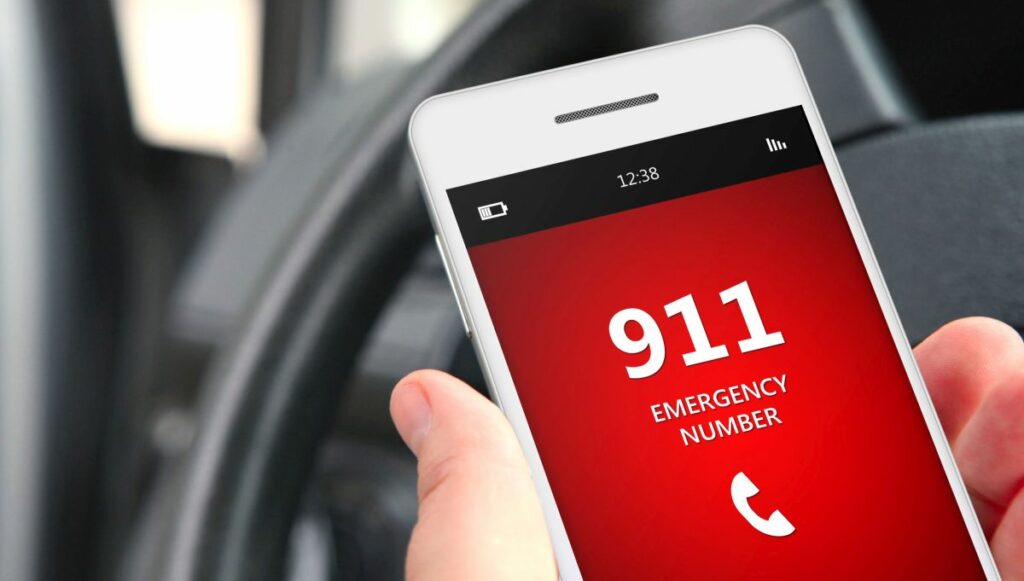
Call 911!
Timing is crucial. People who suffer the early indicators of a heart attack frequently downplay the severity of the situation and opt to wait it out. However, as time is of the essence, anyone exhibiting these red flags must seek immediate medical attention.
Call 911 as soon as possible, no more than five minutes after the incident. You should take the drug as directed if your doctor has prescribed nitroglycerin for you if you have angina pectoris, a condition that is typically brought on by a partial blockage of one or more of the arteries feeding the heart and causes chest pain that subsides with rest.
Call 911 right away and head to the hospital if your symptoms don’t go away in five minutes so that the doctors can check to see whether you’re experiencing a heart attack.
The fastest and safest method to get to the hospital is to call 911 and ride in an ambulance. There are further advantages to dialing 911 as well:
- Before you even get to the hospital, emergency responders can start treating you.
- During a heart attack, your heart can stop beating. Emergency professionals are equipped with the expertise and tools necessary to get it pumping once more.
- Patients experiencing a heart attack who arrive at the hospital via ambulance typically get treated more quickly.
Note: If you are experiencing heart attack symptoms and are unable to phone 9-1-1 for some reason, arrange for someone else to drive you right away to the hospital. You should never drive by yourself unless you have no other option since you might fall asleep at the wheel.
Questions You Will Likely Be Asked in the Emergency Department
When you arrive at the emergency room, you should be prepared to respond to the following inquiries about your symptoms as best you can:
- When did your discomfort begin?
- What were you doing when the pain started?
- Was it at its greatest intensity right away, or did it build up gradually to a peak?
- Did the discomfort come with any other symptoms, such as nausea, perspiration, or shortness of breath?
- What would you rate your discomfort right now on a scale of 0 to 10, with 10 being the worst?








